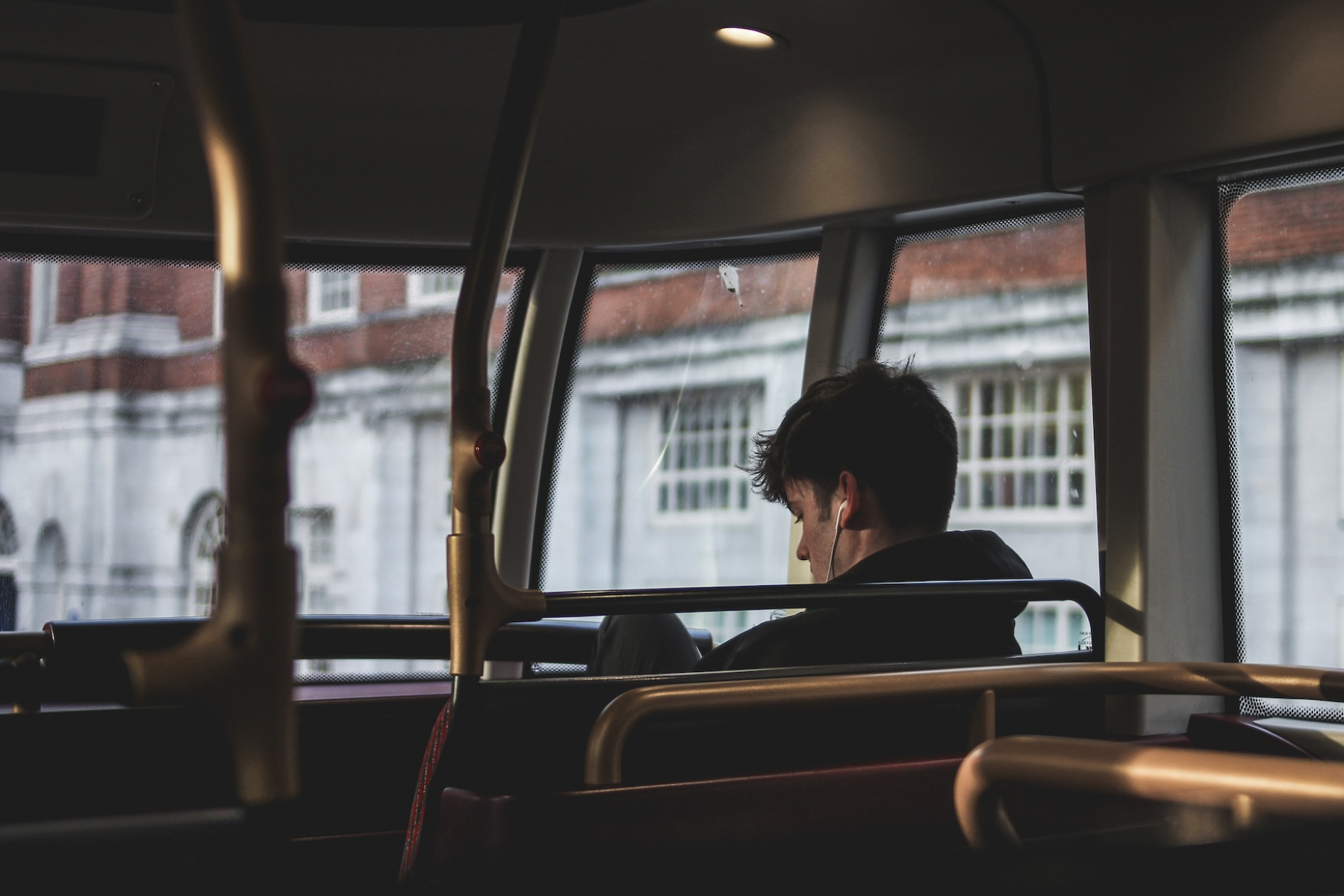Besides the existing evidence of mental health improvement in beneficiaries, Universal Basic Income can contribute to mental and emotional welfare through an additional and underexplored aspect of its impact: it can save resources by allowing for more meaningful support on the side of gatekeepers and public servants.
Universal Basic Income (UBI) has hit the headlines again recently, with the announcement of a pilot in Jarrow and East Finchley in England. There have been dozens of basic income pilots conducted in the past few decades, with more popping up since COVID-19, but few have formally studied mental health outcomes. This time, the two-year experiment will see 30 people receive £1,600 per month with no conditions attached. Researchers will chart the experiences of the participants to see what effect UBI has on various parts of their lives.
Hopefully, one of the facets explored will be mental health. Existing research indicates that receiving a secure and stable income is good for mental health. But even when mental health is not evaluated specifically in UBI experiments, positive outcomes are still reported anecdotally and via the press.
Why might this be the case? The glib answer is: ‘Of course free money would make people happier!’ But this glosses over nearly one hundred years of research into the social determinants of mental health, or in other words, the idea that environmental factors play a significant role in mental health outcomes.
In my recent book, The First Resort: The History of Social Psychiatry in the United States, I explore this history, focussing in particular on social psychiatry. Social psychiatry was an interdisciplinary approach to mental health that combined the insights of psychiatrists and social scientists in order to determine what social factors contributed to mental illness. Social psychiatrists found evidence of what many people would have suspected all along: that poverty, inequality, social isolation and community disintegration are all bad for mental health.
As I argue in the book and elsewhere, UBI set at a sufficient level and indexed against inflation could address all of these factors that are detrimental to mental health. Such a UBI would lift people out of poverty and give them a reliable income. Scientists are now demonstrating the physiological pathway that links chronic stress to inflammation in the brain. Children, in particular, could benefit from a reduction in the stresses that result from income security, but so would their parents. This is particularly the case for women, who would have the financial means to leave abusive relationships.
UBI could also alleviate inequality, which has been recently linked to mental illness yet again. Since UBI is offered to everyone, the stigma associated with benefits is reduced. Moreover, it would enable people to go to college or university, retrain for jobs that they would enjoy more, engage in creative or artistic pursuits, start their own business or care for family members. All of this would allow people to live more rewarding lives where they partake in pursuits that suit their interests and abilities, and where their potential to contribute to society is valued.
The pandemic demonstrated the damaging effects social isolation has on mental health. But many people already felt isolated from their communities prior to COVID-19. With a secure income, people could have the time and space to engage more with their communities, to reverse the disintegration that leads to social problems. Certainly, there are volunteers who do this kind of work already. But those who can afford to do so tend to be middle and upper class. Why shouldn’t everyone be empowered to give back? And why should the valuable work that volunteers do be counted as work and compensated as such via a UBI?
A UBI could prevent many of the very problems that have been associated with mental illness for nearly a century. If developed jointly with other progressive preventive policies related to food and nutrition, sustainable transport and access to nature, it could make a huge difference in reducing the enormous cost of mental health care.
But that is not the only way in which UBI could improve mental health. We also need to consider the how UBI could also free up enormous human resources currently wasted in the welfare systems in many countries in the form of ‘gatekeepers’.
Ken Loach’s award-winning film I, Daniel Blake poignantly highlights the destructive role gatekeepers have in welfare systems. In the film, the eponymous character is denied an employment and support allowance after having a heart attack because he passes a work capability assessment. He is forced to seek work in order to receive the jobseeker’s allowance, but his health prevents him from succeeding at the job he attains. Daniel also meets Daisy, a single mom who also runs afoul of the benefits system. She has to leave her home in London for Newcastle because of a lack of social housing and turns to food banks and prostitution to feed her children.
The course of both Daniel and Daisy’s lives are determined by a gatekeeper, an individual who decides whether they are deserving of certain welfare benefits or not. In the UK, he apparent need for such individuals goes all the way back to the passing of the New Poor Law in 1834. This created the idea of ‘deserving’ and ‘undeserving poor’. The idea that some disadvantaged people are not worthy of support is still very much present in many welfare systems, stigmatising them even further.
When I lived in Canada, one of my first proper jobs was working as such a gatekeeper. I worked for the YMCA helping underprivileged young people access government funding to return to school. These kids faced countless barriers, including institutional racism, post-traumatic stress, abuse, addictions, criminal justice issues and poverty, including homelessness. Unlike the gatekeeper in I, Daniel Blake, my role was to facilitate access to funding, not erect more barriers. But that did not mean that my time was being spent productively. Although my title was ‘Career Counsellor’, I spent all my time assisting my young clients navigate the confusing and unforgiving funding system. If they were lucky enough to be funded, then my job was to ensure that they didn’t lose their funding. Only a fraction of my time involved talking to them about what they actually wanted to do for a career or help them deal with the myriad issues that saw them drop out of school in the first place.
Had my clients had access to UBI, however, my role would have been transformed. Shorn of the overriding responsibility to source and maintain an income for these youth, I believe I could have really made a difference. But, this was not the case and I – along with many of my co-workers – ended up quitting in frustration.
In welfare systems around the world, there are countless people doing the largely thankless and pointless task of gatekeeping. A UBI would free up such workers – who did not get into their careers to be gatekeepers – to do the infinitely more important work of supporting, inspiring and training underprivileged people to live full, productive lives. The wastage of human resource in the form of gatekeeping is rarely mentioned when UBI pilots are discussed, but should certainly figure significantly in terms of the relationship between UBI and mental health.
This is not least because, as much as UBI would do a great deal to prevent mental illness, it is not a panacea. Mental illness is complex and caused by many disparate factors, some of which we fail to understand very well. Through its preventive function and by freeing up welfare workers to actually help people, rather than gatekeep, UBI could allow those involved in mental health to tackle the more intractable causes of mental illness. Given the ongoing mental health crises facing many countries, we should certainly consider it.
Header photo by Rasheed Kemy - Unsplash








